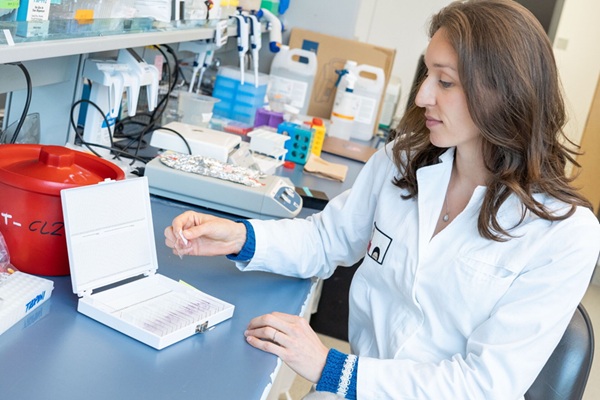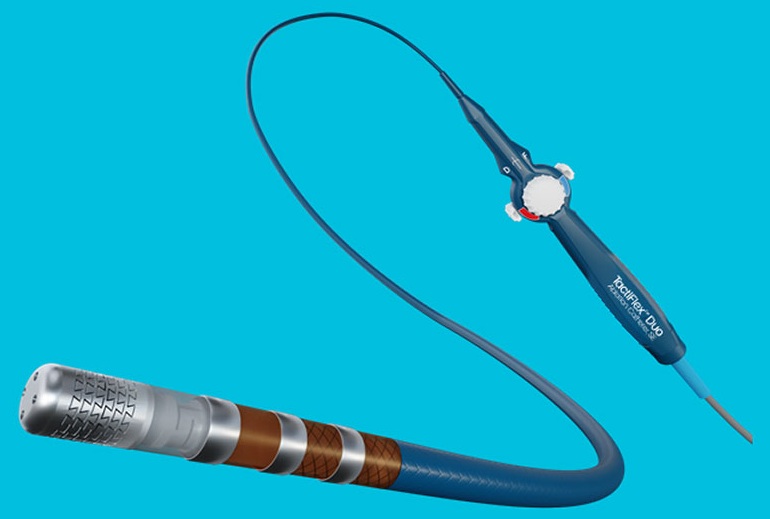Deep Learning Neural Network Quickly Detects COVID-19 Infections Using X-Ray Images
|
By HospiMedica International staff writers Posted on 24 Nov 2021 |
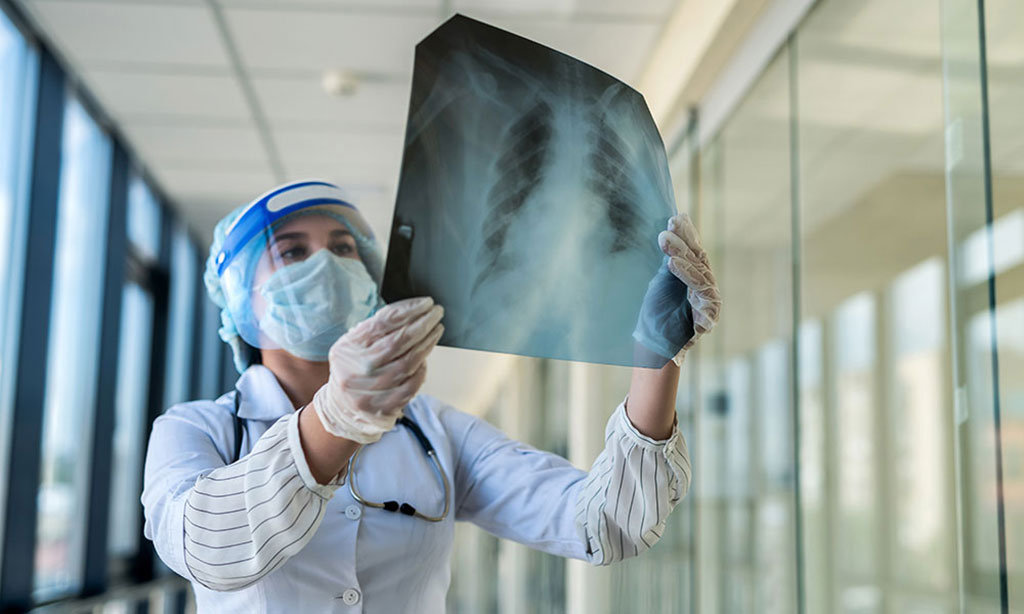
A deep learning neural network can quickly detect COVID-19 infections using X-ray images.
The deep learning neural network named CORONA-Net was developed by scientists at The University of British Columbia (Kelowna, BC Canada) to help doctors who lack access to polymerase chain reaction (PCR) tests and need a way to rapidly screen patients for COVID-19. As COVID-19 continues to make headlines across the globe, people have become used to the idea of rapid testing to determine if they have been infected. The viral test only indicates if a current infection exists, but not if there was previous infection. The alternative antibody test uses a blood sample and can detect if there was a previous infection with the SARS-CoV-2 virus, even if there are no current symptoms. However, the PCR test can be rare in many countries and usually costs several hundred dollars each time. Doctors around the world need a way to rapidly test patients for COVID-19 so that they can begin immediate treatment for patients with the virus
UBC Okanagan researchers, who say rapid tests can be limited and expensive in many countries, are testing another testing method. And they believe, thanks to artificial intelligence, they have found one. The research team has developed CORONA-Net, a deep learning neural network that can quickly detect COVID-19 infections using X-ray images. In many countries, people opt for chest X-ray because of the cost of a PCR test or its unavailability. However, sometimes it is difficult to get the X-ray looked at by a specialist, and accurately detecting the infection can take time. But by using CORONA-NET, the artificial intelligence system can flag suspicious cases to be fast-tracked and looked at quickly.
The developed CORONA-Net architecture substantially increases the sensitivity and positive predictive value (PPV) of predictions, making CORONA-Net a valuable tool when it comes to using chest X-rays to diagnose COVID-19. According to the researchers, the developed CORONA-Net was able to produce results with an accuracy of more than 95% in classifying COVID-19 cases from digital chest X-ray images. The accuracy of detecting COVID-19 by CORONA-Net will continue to increase as the dataset grows. CORONA-Net can automatically improve itself over time and self-learn to be more accurate.
“COVID-19 typically causes pneumonia in human lungs, which can be detected in X-ray images. These datasets of X-rays - of people with pneumonia inflicted by COVID-19, of people with pneumonia inflicted by other diseases, as well as X-rays of healthy people - allow the possibility to create deep learning networks that can differentiate between images of people with COVID-19 and people who do not have the disease,” said graduate student Sherif Elbishlawi, who helped develop CORONA-Net.
“The results on the testing set were obtained and can be seen in 100 per cent sensitivity to the COVID-19 class. There was a 95% sensitivity in the classification of the pneumonia class and a 95 per cent sensitivity in the classification of the normal class,” he added. “These results show that CORONA-Net gives a highly accurate prediction with the most sensitivity to the COVID-19 class.”
Related Links:
The University of British Columbia
Latest COVID-19 News
- Low-Cost System Detects SARS-CoV-2 Virus in Hospital Air Using High-Tech Bubbles
- World's First Inhalable COVID-19 Vaccine Approved in China
- COVID-19 Vaccine Patch Fights SARS-CoV-2 Variants Better than Needles
- Blood Viscosity Testing Can Predict Risk of Death in Hospitalized COVID-19 Patients
- ‘Covid Computer’ Uses AI to Detect COVID-19 from Chest CT Scans
- MRI Lung-Imaging Technique Shows Cause of Long-COVID Symptoms
- Chest CT Scans of COVID-19 Patients Could Help Distinguish Between SARS-CoV-2 Variants
- Specialized MRI Detects Lung Abnormalities in Non-Hospitalized Long COVID Patients
- AI Algorithm Identifies Hospitalized Patients at Highest Risk of Dying From COVID-19
- Sweat Sensor Detects Key Biomarkers That Provide Early Warning of COVID-19 and Flu
- Study Assesses Impact of COVID-19 on Ventilation/Perfusion Scintigraphy
- CT Imaging Study Finds Vaccination Reduces Risk of COVID-19 Associated Pulmonary Embolism
- Third Day in Hospital a ‘Tipping Point’ in Severity of COVID-19 Pneumonia
- Longer Interval Between COVID-19 Vaccines Generates Up to Nine Times as Many Antibodies
- AI Model for Monitoring COVID-19 Predicts Mortality Within First 30 Days of Admission
- AI Predicts COVID Prognosis at Near-Expert Level Based Off CT Scans
Channels
Artificial Intelligence
view channelCritical Care
view channel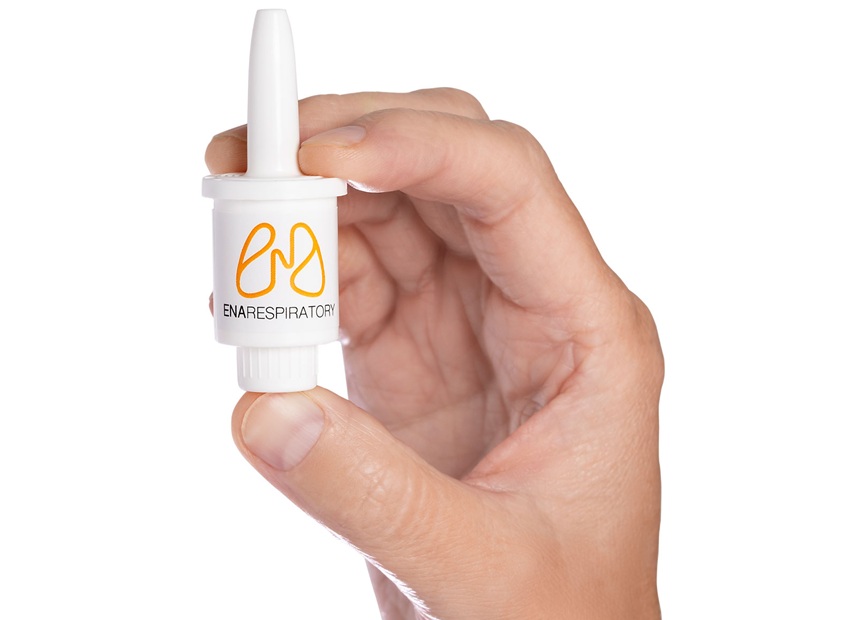
Intranasal Spray to Prevent Illnesses from Respiratory Viruses
Respiratory viruses such as influenza and COVID-19 hospitalize more than one million people in the U.S. each year, with many infections spreading through close contact in households, schools, and workplaces.... Read more
AI Risk Prediction Tool Improves Treatment of Cancer Patients after Heart Attack
Cancer patients who experience a heart attack face a uniquely dangerous combination of risks, including higher chances of death, bleeding, and repeat cardiac events. Because of this complexity, they have... Read moreSurgical Techniques
view channel
New Classification System Brings Clarity to Brain Tumor Surgery Decisions
Low-grade brain tumors known as IDH-mutant gliomas (CNS WHO grade 2) are life-threatening despite their slow growth. Surgeons must balance maximal tumor removal against the risk of neurological deficits,... Read more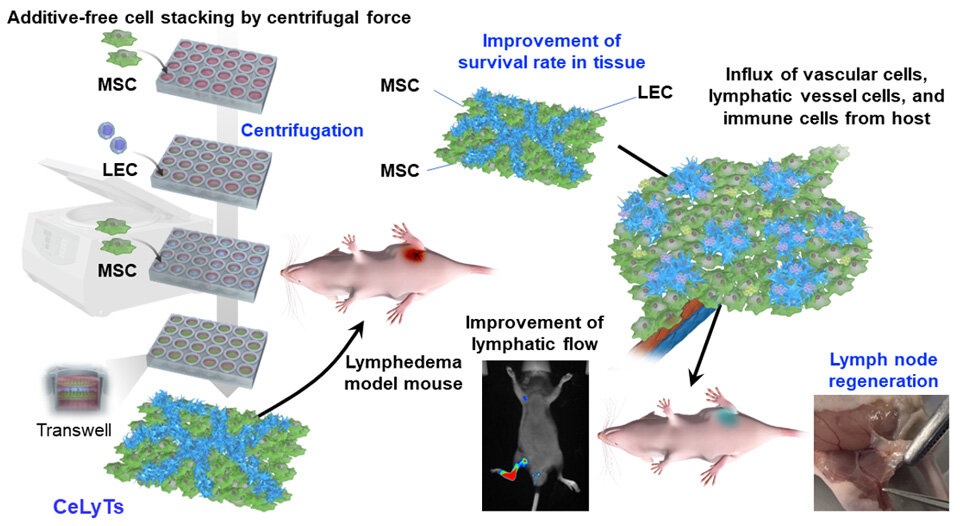
Boengineered Tissue Offers New Hope for Secondary Lymphedema Treatment
The rising global incidence of cancer has led to an increasing number of surgeries involving lymph node removal. While these procedures are critical for cancer staging and preventing metastatic spread,... Read morePatient Care
view channel
Revolutionary Automatic IV-Line Flushing Device to Enhance Infusion Care
More than 80% of in-hospital patients receive intravenous (IV) therapy. Every dose of IV medicine delivered in a small volume (<250 mL) infusion bag should be followed by subsequent flushing to ensure... Read more
VR Training Tool Combats Contamination of Portable Medical Equipment
Healthcare-associated infections (HAIs) impact one in every 31 patients, cause nearly 100,000 deaths each year, and cost USD 28.4 billion in direct medical expenses. Notably, up to 75% of these infections... Read more
Portable Biosensor Platform to Reduce Hospital-Acquired Infections
Approximately 4 million patients in the European Union acquire healthcare-associated infections (HAIs) or nosocomial infections each year, with around 37,000 deaths directly resulting from these infections,... Read moreFirst-Of-Its-Kind Portable Germicidal Light Technology Disinfects High-Touch Clinical Surfaces in Seconds
Reducing healthcare-acquired infections (HAIs) remains a pressing issue within global healthcare systems. In the United States alone, 1.7 million patients contract HAIs annually, leading to approximately... Read moreHealth IT
view channel
EMR-Based Tool Predicts Graft Failure After Kidney Transplant
Kidney transplantation offers patients with end-stage kidney disease longer survival and better quality of life than dialysis, yet graft failure remains a major challenge. Although a successful transplant... Read more
Printable Molecule-Selective Nanoparticles Enable Mass Production of Wearable Biosensors
The future of medicine is likely to focus on the personalization of healthcare—understanding exactly what an individual requires and delivering the appropriate combination of nutrients, metabolites, and... Read moreBusiness
view channel
Medtronic and Mindray Expand Strategic Partnership to Ambulatory Surgery Centers in the U.S.
Mindray North America and Medtronic have expanded their strategic partnership to bring integrated patient monitoring solutions to ambulatory surgery centers across the United States. The collaboration... Read more
FDA Clearance Expands Robotic Options for Minimally Invasive Heart Surgery
Cardiovascular disease remains the world’s leading cause of death, with nearly 18 million fatalities each year, and more than two million patients undergo open-heart surgery annually, most involving sternotomy.... Read more
WHX in Dubai (formerly Arab Health) to debut specialised Biotech & Life Sciences Zone as sector growth accelerates globally
World Health Expo (WHX) in Dubai, formerly Arab Health, which takes place from 9-12 February 2026 at the Dubai Exhibition Centre (DEC), has officially announced the launch of a new dedicated Biotech &... Read more














